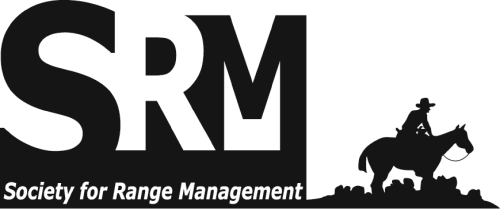Residual feed intake (RFI) is a heritable trait that can be used to measure feed efficiency in cattle and serve as a tool for managing costs in beef operations. Measures of RFI however have only been evaluated under drylot conditions, where animals are on a standardized diet and foraging behaviour is effectively eliminated. This study was performed to explore the utility of RFI molecular breeding values by relating these to cattle performance while grazing under free-range conditions within heterogeneous pastures. The study was conducted at the University of Alberta Mattheis Research Ranch, just north of Brooks, Alberta in the Mixedgrass Prairie. A subset of commercial cows with known high and low molecular breeding values for RFI were evaluated for industry-relevant production metrics such as calf growth, cow rebreeding interval and cow weight gain and body condition recovery, during the summer of 2015. Calf birth weights were collected over the 1.5 month calving period. Cow weights and body condition scores (ultrasound ribeye fat and rump fat) were collected at pasture turnout in early June. Cow-calf pairs grazed from early June through until weaning in late October, at which time calf and cow weights, cow body condition, and dam pregnancy status were assessed. This presentation will present the results found and discuss any potential implications for the use of breeding values for RFI within extensively managed cow/calf operations.

Oral presentation and poster titles, abstracts, and authors from the Society for Range Management (SRM) Annual Meetings and Tradeshows, from 2013 forward.